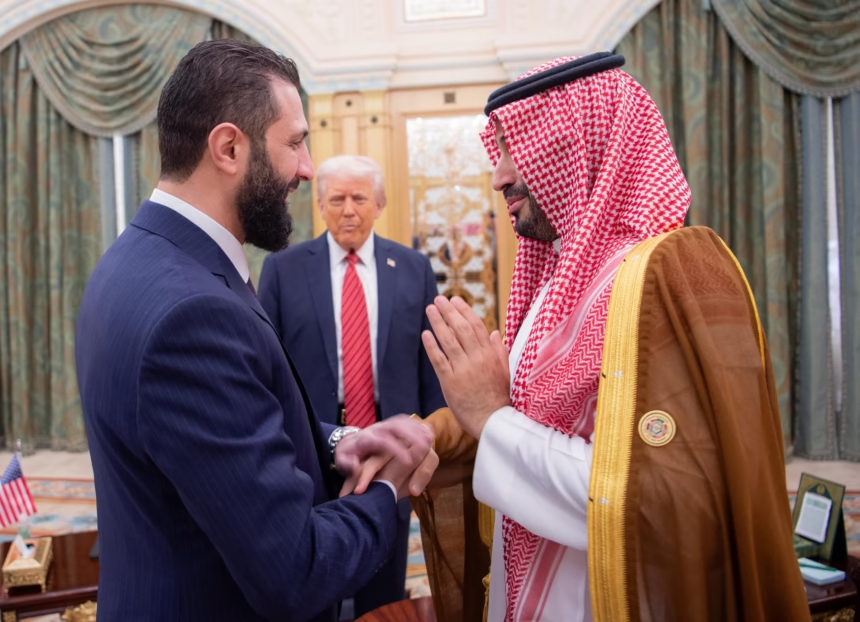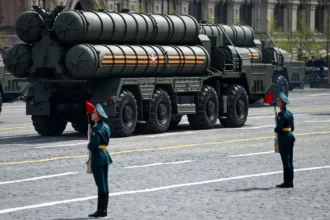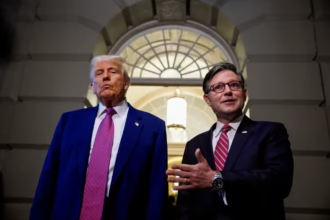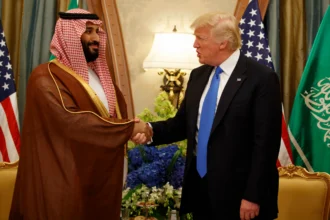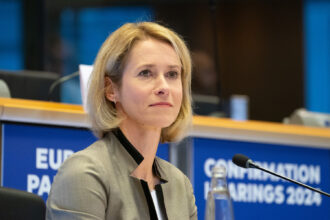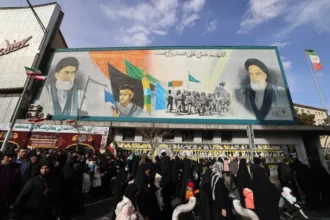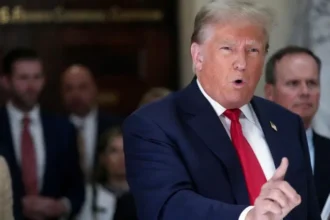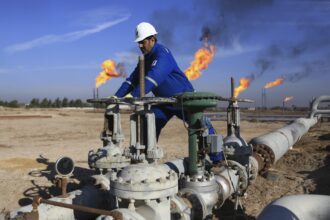In a move with sweeping geopolitical and economic implications, former U.S. President Donald Trump has announced the formal lifting of sanctions on Syria, citing a “new opportunity for peace, stability, and reconstruction” in the war-torn nation. The decision marks one of the most significant shifts in U.S. policy toward Syria in over a decade and raises the question: Is Syria now on the path to genuine reform?
What the Sanctions Relief Includes
According to a statement from the Trump campaign, the lifted measures include:
- Unfreezing of Syrian financial assets held abroad
- Removal of trade restrictions on energy, infrastructure, and construction sectors
- Permission for U.S. companies to invest in Syrian redevelopment projects
- Restoration of limited banking access for approved Syrian institutions
However, sanctions related to terrorism, narcotics trafficking, and human rights abuses will remain in force for designated individuals and organizations.
Trump’s Justification
Speaking at a press briefing, Trump emphasized a shift from military confrontation to economic engagement:
“Sanctions have hurt the Syrian people more than the regime. It’s time to rebuild, to restore, and to make peace through prosperity.”
He added that the move aims to reduce Iranian and Russian dominance in Syria, by giving the West a new foothold through commerce and diplomacy.
Signs of Reform from Damascus?
While skeptics remain cautious, there are early indications that Syria’s leadership is signaling a willingness to cooperate with international norms. In recent months:
- The Syrian government has pledged to open humanitarian corridors and allow increased NGO access
- Damascus initiated a limited release of political prisoners under pressure from regional allies
- Talks have resumed with the Arab League and United Nations over post-conflict governance frameworks
- Economic authorities have hinted at regulatory reforms and private sector incentives to attract foreign capital
Regional and Global Reactions
- Gulf nations such as the UAE and Saudi Arabia have praised the U.S. decision, aligning with their push for Syria’s reintegration into the regional order.
- European leaders responded cautiously, calling for guarantees that the Assad regime will follow through with reforms.
- Human rights groups criticized the move, warning that lifting sanctions without concrete political concessions risks rewarding authoritarianism.
What’s Next for Syria?
The economic opening could lead to a wave of foreign investment in reconstruction, particularly in housing, energy, and infrastructure. Estimates suggest Syria may need $300–$400 billion in redevelopment funds over the next decade. With international businesses eyeing opportunities in untapped markets, the future could see Syria gradually rejoining the global economy.
However, whether this moment translates into true political reform, reconciliation, and institutional transparencyremains uncertain. Much will depend on how the Syrian government responds to this new era of diplomatic and economic engagement.
Conclusion
Trump’s lifting of sanctions on Syria may represent more than a tactical policy shift — it could be the opening act of Syria’s return to the global stage. But with fragile domestic structures and international skepticism still in place, the real question now is: Will Syria embrace reform — or simply rebrand?

